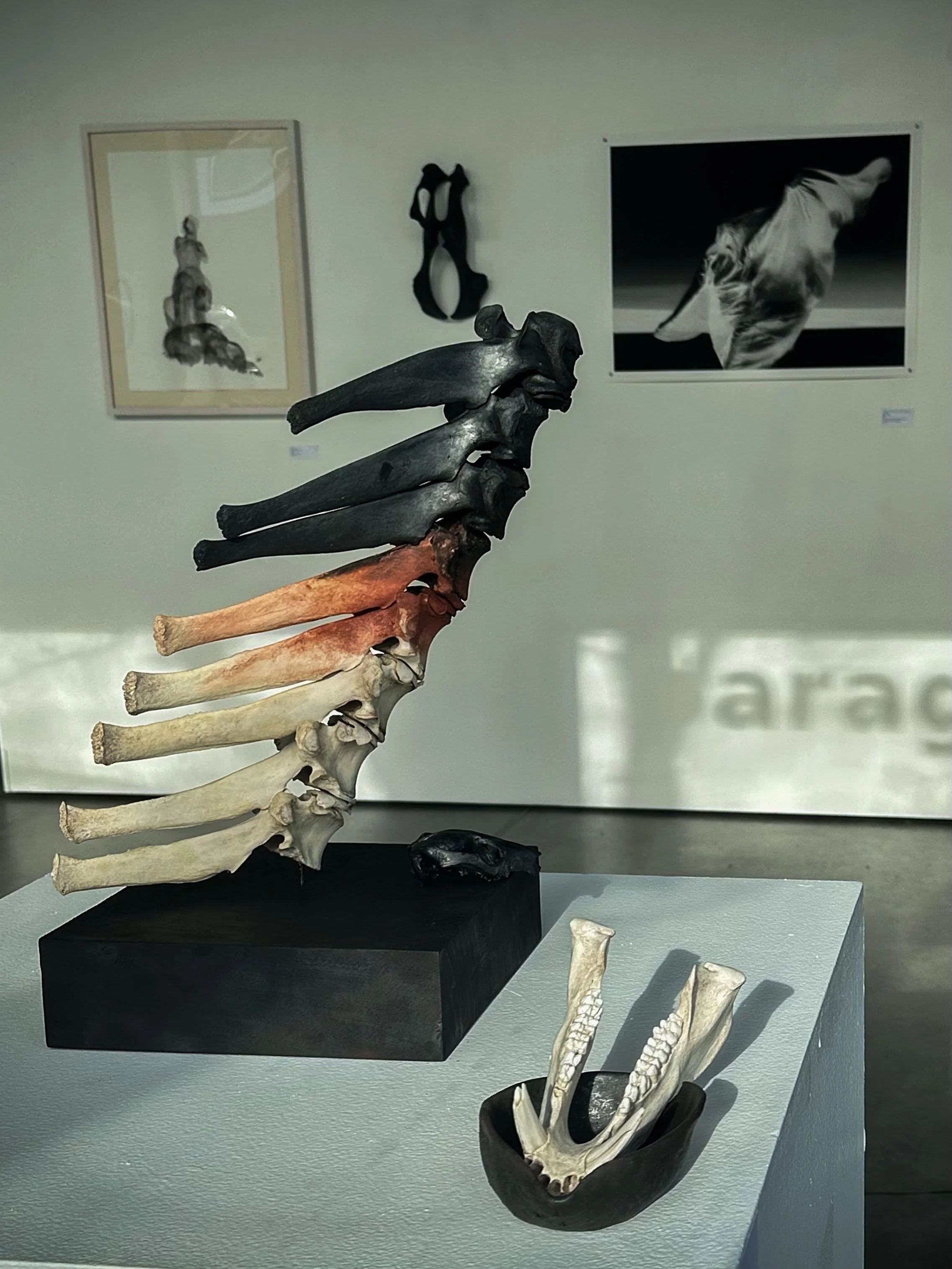
Thanatopsis: A Meditation on Grief, Death, and Transition
Paragon Arts Gallery PCC Cascade Campus
815 N. Killingsworth Street, Portland OR, 97217
Gallery Hours: Wednesdays from 12-5, Thursdays & Fridays from 12-7pm, and Saturdays from 12-5pm.
Opening Reception- Thursday, December 4th, 2025 from 5-8p
January 2026 Workshops:
Saturday, January 17th, 1p –Ancestors in Training- A meditation on end-of-life and what comes next… by Dardinelle Troen/Vie Mort Doula. 45 Minutes
Saturday, January 17th, 2:30 Yoga for Grief Relief facilitated by Rebecca Méndez. 60 Minutes
Saturday, January 24th, 1p –Write Your Own Obituary by Katherine Annala. A one hour workshop on writing one’s obituary is an illuminating exercise to learn about our own life and legacy.
Saturday, January 31st, 1-4pm- What is Your Legacy? Collage Workshop by Marne Lucas/Bardo Project.
Closing Reception- Saturday, February 14th, 2026 5 – 8 pm.
Thanatopsis is a premiere three-person art exhibition that explores the end of life, the grief that accompanies death, and conceptually addresses impermanence and transformation beyond the physical form. Death is a taboo subject, yet we all eventually arrive there. The aim is to allow for the tangible feelings, the vastness of empty space, the sparse moments of sublime beauty in these difficult places, and honor the memory of those who have died. Death is a natural part of the cycle of life, and each individual’s work places aesthetic, emotional, and philosophical value on this inevitable transition. These three artists have found community in each other through their lived experiences with grief, loss, and transformation. They share the desire to illuminate and connect through their creativity, and find new direction in unexpected transformational paths. The audience can share their own experiences and stories in community, where together we heal.
**All events are free and open to the public**
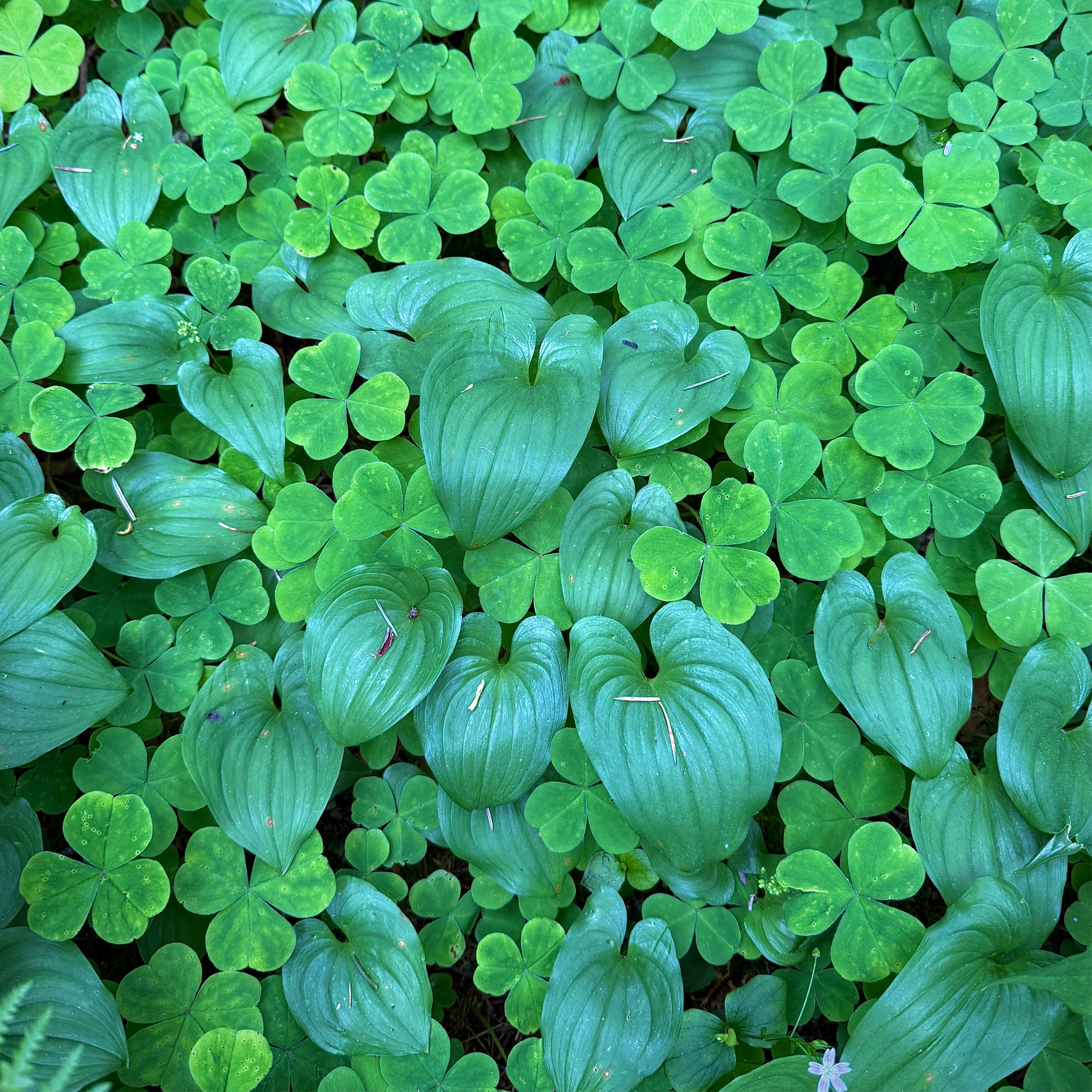
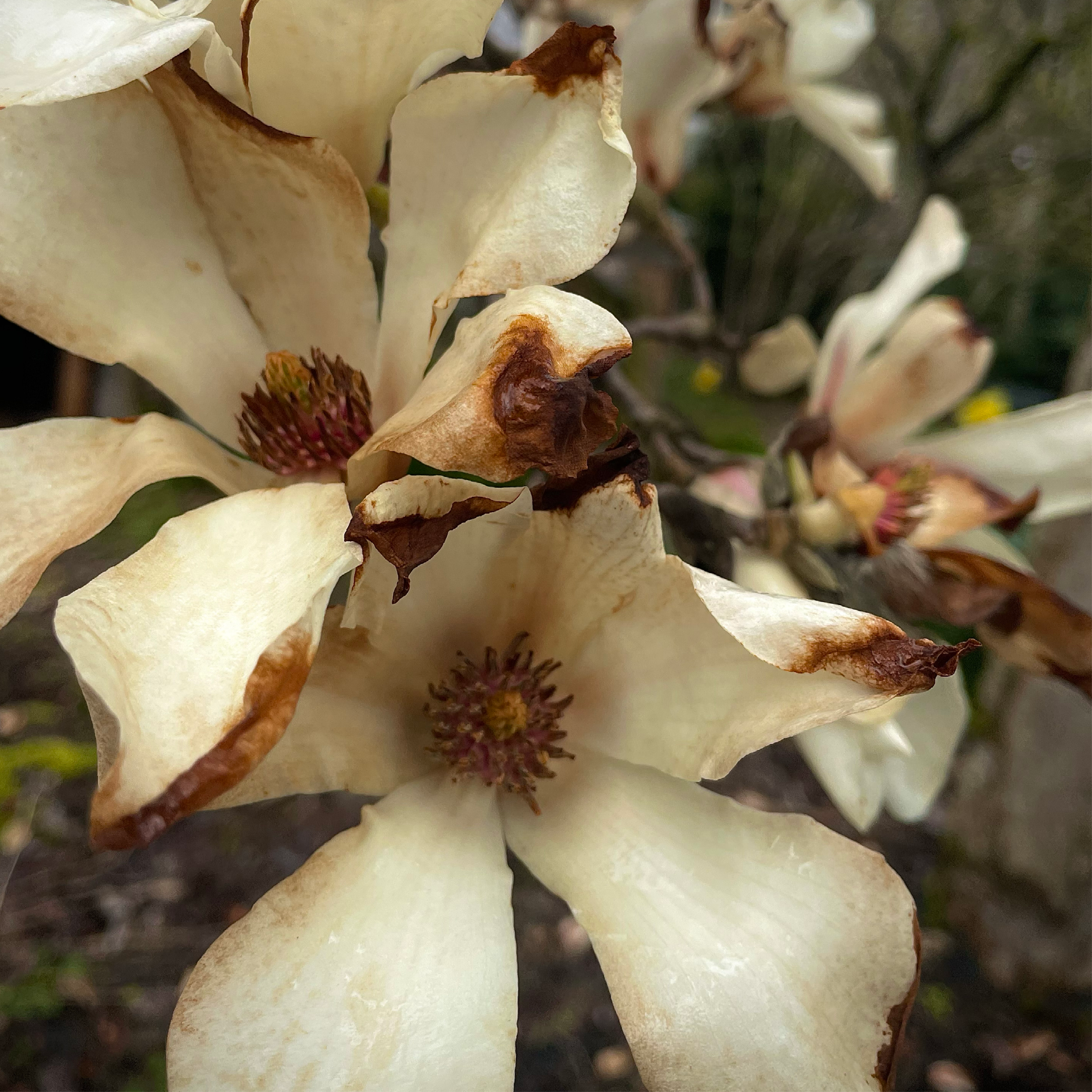
Astoria Death Cafe
Astoria Death Cafe is a co-generational gathering designed to provide a comfortable, open space for participants to discuss topics related to death, dying, and our end-of-life journeys.
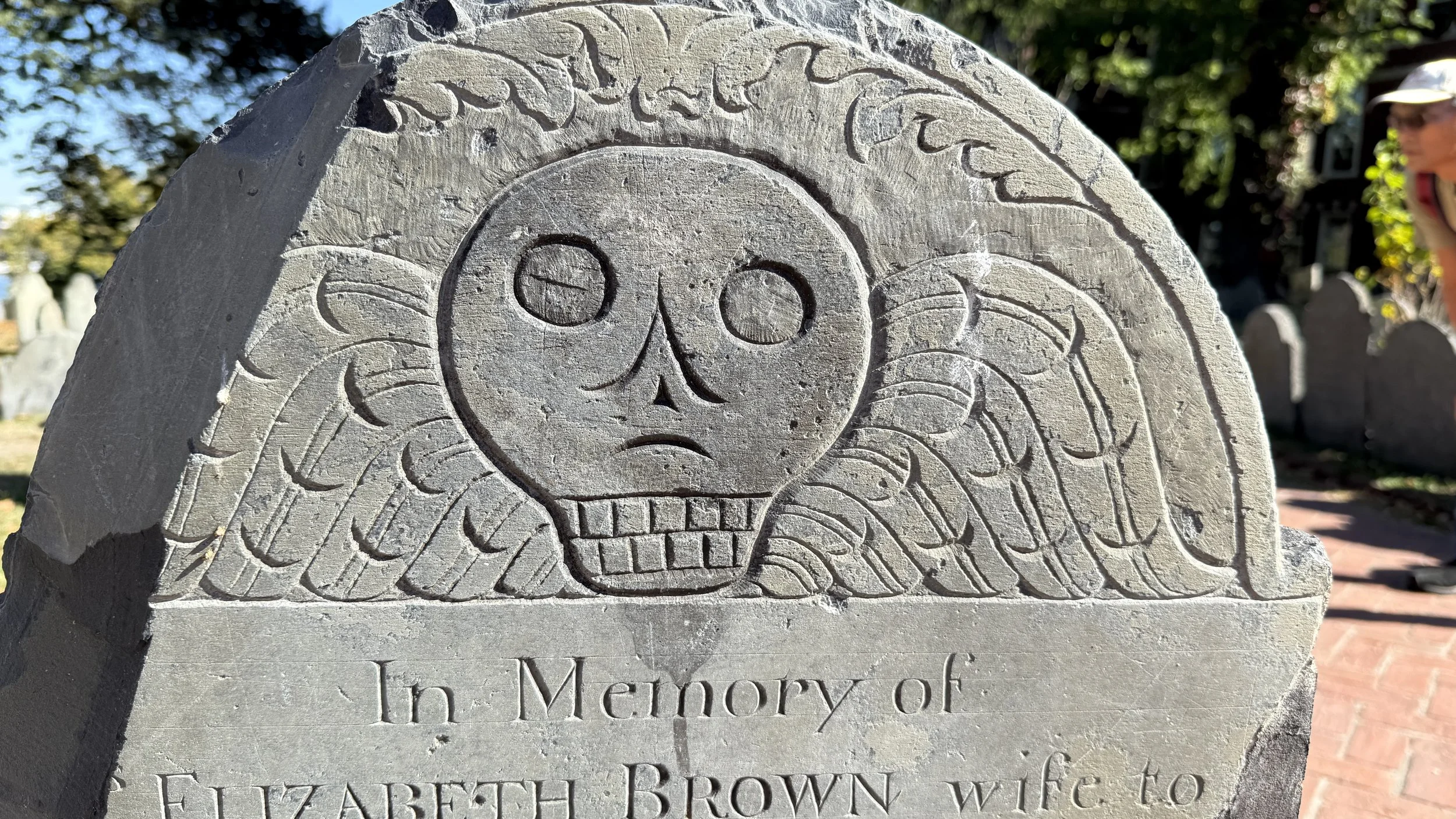
Death Meditation
A meditation on end-of-life and what comes next…
Presented by Dardinelle Troen
Paragon Arts Gallery PCC Cascade Campus
815 N. Killingsworth Street, Portland OR, 97217
Join us for an afternoon of guided meditation focused on cultivating mindfulness and awareness of our mortality. We will draw inspiration from Maranasati, or The Nine Contemplations of Death, a Buddhist meditation practice designed to help us confront and overcome our resistance to death and dying.
The primary purpose of these practices is to face our own mortality, similar to traditional meditation, intended to enhance our appreciation for the richness of everyday life.
Dardinelle Troen, an artist and end-of-life doula, will guide participants through a 45-minute seated meditation that explores the nine contemplations, incorporating visualizations that reflect on our role as future ancestors.
RSVP or for questions email: Dardi@viemort.com
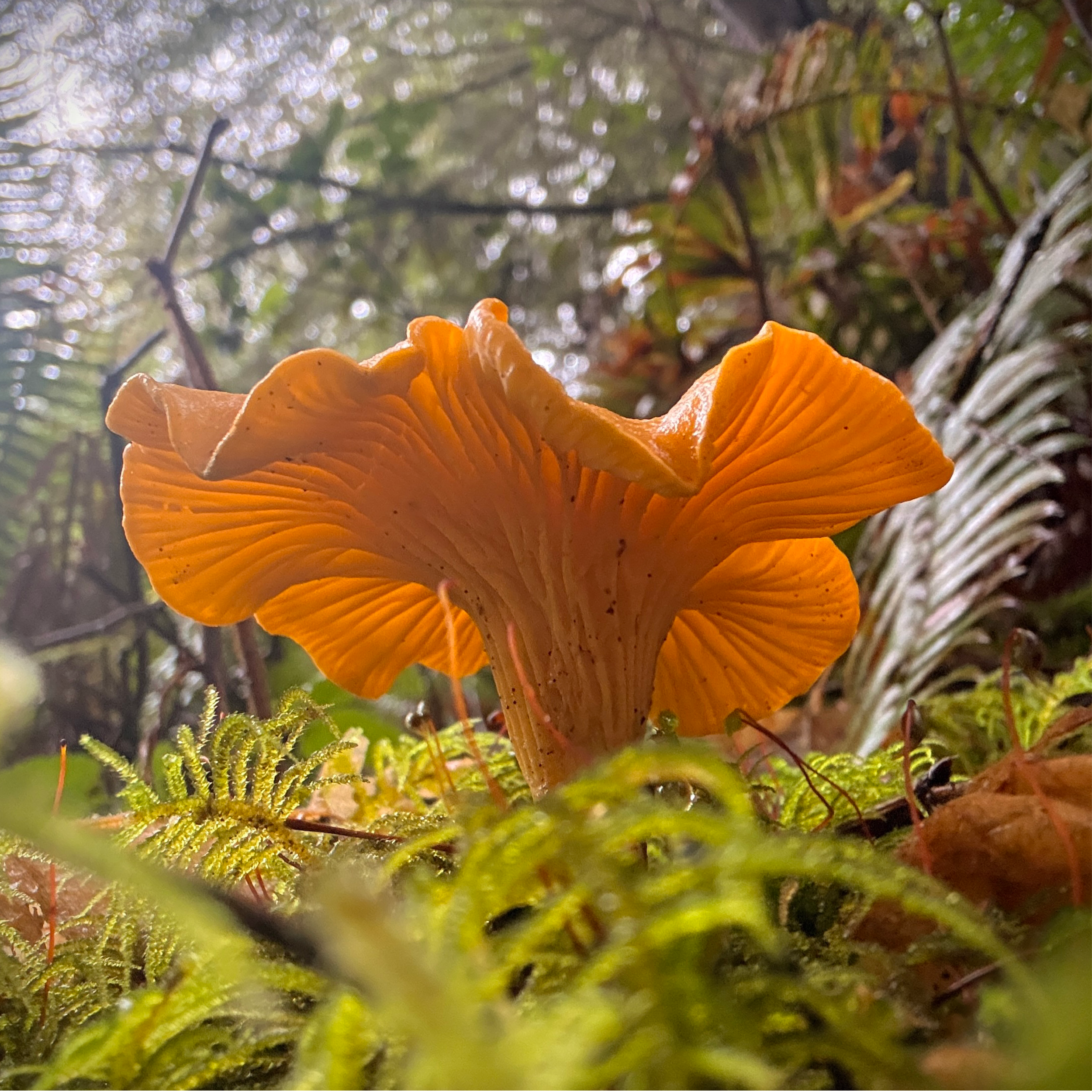
Astoria Death Cafe
A Community Conversation about Death and Dying
Death Cafe is a co-generational gathering that provides a comfortable, open space for individuals to discuss topics related to death, dying, and our end-of-life journeys. It is an opportunity to share and celebrate the human experience of navigating one of the most profound transitions of our lives.
The cafe creates a welcoming environment where participants can openly express their thoughts, fears, and experiences surrounding death in a supportive, non-judgmental, and safe setting. It also serves as a platform for sharing resources and information on navigating the end of life.
In line with Death Cafe’s mission, participation is free; however, contributions are appreciated to help cover the cost of refreshments.
Join us at Astoria Visual Arts, located at 959 Commercial St. in Astoria.
Co-facilitators: Dardinelle Troen and Dell Hambleton. For questions or to RSVP, please email Dardi@viemort.com
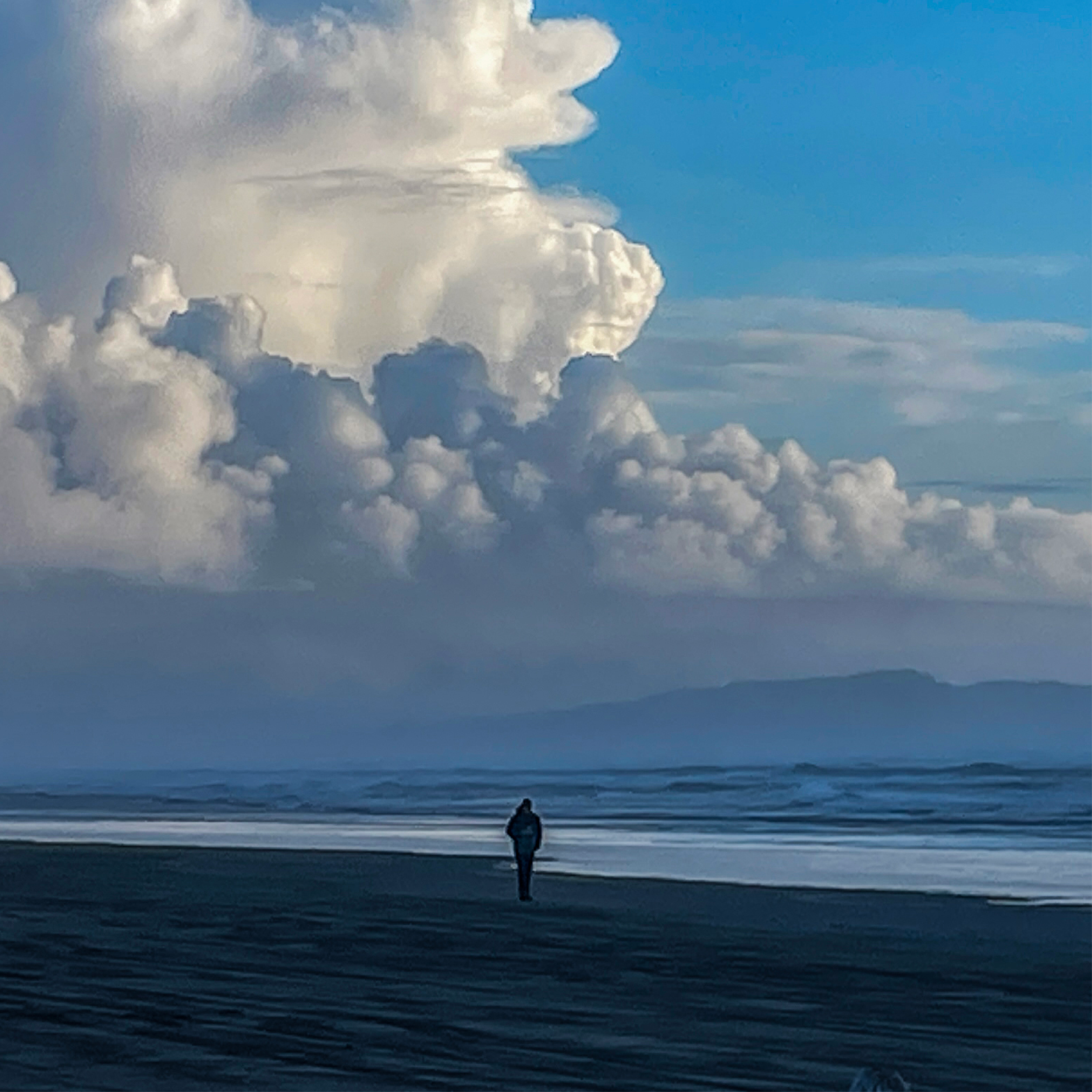
Astoria Death Cafe
Astoria Death Cafe is a co-generational gathering designed to provide a comfortable, open space for participants to discuss topics related to death, dying, and our end-of-life journeys.

Astoria Death Cafe
A Community Conversation about Death and Dying
Death Cafe is a co-generational gathering created to provide a comfortable and open space for individuals to discuss topics related to death, dying, and our end-of-life journeys. It is an opportunity to share and celebrate the human experience of navigating one of the most profound transitions of our lives.
The cafe creates a welcoming environment where participants can openly express their thoughts, fears, and experiences surrounding death in a supportive, non-judgmental, and safe setting. It also serves as a platform to share resources and information specific to navigating the end of life.
In line with Death Cafe’s mission, participation is free; however, contributions are appreciated to help cover the cost of refreshments.
Join us at Astoria Visual Arts, located at 959 Commercial St. in Astoria.
Co-facilitators: Dardinelle Troen and Dell Hambleton. For questions or to RSVP, please email Dardi@viemort.com

Ancestors in Training
A meditation on end-of-life and what comes next…
Presented by Astoria Death Cafe facilitators Dell Hambleton and Dardinelle Troen
Astoria Visual Arts
959 Commercial Street, Astoria OR
Join us for an afternoon of guided meditation focused on cultivating mindfulness and awareness of our mortality. We will draw inspiration from Maranasati, or The Nine Contemplations of Death, a Buddhist meditation practice designed to help us confront and overcome our resistance to death and dying.
The primary purpose of these practices is to face our own mortality, similar to traditional meditation, intended to enhance our appreciation for the richness of everyday life.
Dardinelle Troen, an artist and end-of-life doula, will guide participants through a 45-minute seated meditation that explores the nine contemplations, incorporating visualizations that reflect on our role as future ancestors.
RSVP or for questions email: Dardi@viemort.com

Astoria Death Cafe
Death Cafe is a co-generational gathering created to provide a comfortable and open space for individuals to discuss topics related to death, dying, and our end-of-life journeys.
The cafe creates a welcoming environment where participants can openly express their thoughts, fears, and experiences surrounding death in a supportive, non-judgmental, and safe setting.

Astoria Death Cafe
Death Cafe is a co-generational gathering created to provide a comfortable and open space for individuals to discuss topics related to death, dying, and our end-of-life journeys.
The cafe creates a welcoming environment where participants can openly express their thoughts, fears, and experiences surrounding death in a supportive, non-judgmental, and safe setting.

Astoria Death Cafe
Please RSVP @ Eventbrite
Making Visible the Invisible:
A Community Conversation about Death and Dying
Cafe is a co-generational gathering created to provide a comfortable and open space for individuals to discuss topics related to death, dying, and our end-of-life journeys. It is an opportunity to share and celebrate the human experience of navigating one of the most profound transitions of our lives.
Join us on Sunday, June 29th, from 4:00 to 5:30 PM at Astoria Visual Arts, located at 1000 Duane St. in Astoria.

Entwined: Legacy & Memories
'Entwined: Legacy and Memories' are immersive art events designed to honor the residents and history of Fairview Training Center, a state institution for people with inetellectual and developmental disabilities that operated from 1908 - 2000, as we acknowledge the twenty-fifth anniversary of its closing.

Astoria Death Cafe
Death Cafe is a co-generational gathering that aims to create
a comfortable and open space for people to gather and discuss topics related to death, dying, and mortality, and all that it is to be human, navigating the most profound transition of our lives. A Death Cafe offers a space and place for people to be supported, comforted, respected, honored, and most importantly, connected. It provides a platform for individuals to share their thoughts, fears, and experiences surrounding death and dying in a supportive, non-judgmental, and safe environment. Adhering to Death Cafe’s mission, participation is free, although contributions to the Collective are accepted.

death meditation
Marne Lucas Bardo Project: Oregon
Portland Arts Collective, Portland, Oregon
Around the time of my accident I met Marne Lucas. a multidisciplinary artist, end of life doula and as it turns out my kindred spirit. I participated in Marne Lucas's Bardo Project: Oregon, guiding audience members through a 40-minute death meditation.
Called the Maranasati Sutra, or the Nine Contemplations of Death. It originates from Atisha, an 11th-century Tibetan Buddhist scholar. Over the centuries, countless teachers and practitioners have contributed to this practice. My adaptation is primarily inspired by the works of Roshi Joan Halifax and Alua Arthur.
This exercise provides an opportunity to contemplate the inevitability of death and reflect on what it evokes in each of us individually. Exploring what emotions or feelings are most important, and which ones do you need to let go of to have a calm, peaceful transition. This is a practice one can come back to again and again, like yoga, each time sinking into the areas where one hits resistance.